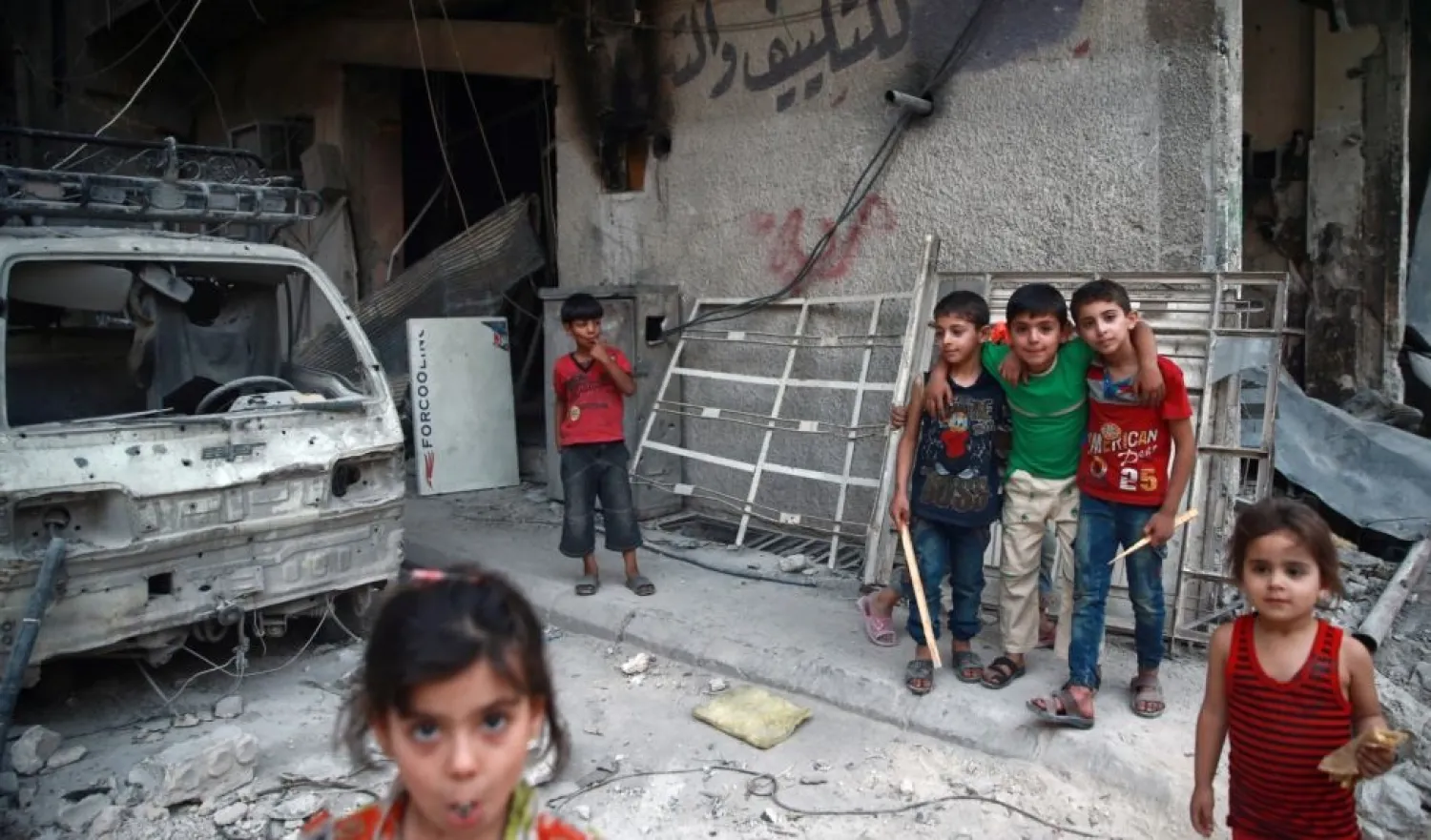Russia has invited Kurdish authorities to the Congress of the Peoples of Syria, a meeting of the country’s various ethnic groups that is scheduled to be held in Sochi.
Such a congress would focus on seeking “compromise solutions towards the political settlement” of Syria’s conflict, a Russian negotiator on Syria said earlier this week.
“We are studying the issue and our stance has been positive so far,” said Badran Jia Kurd, an adviser to the administration that governs Kurdish-led autonomous regions of northern Syria.
They received the official invitation during meetings with Russian officials in northern Syria last month, he said.
Moscow, a key ally of the Damascus government, may host a congress in mid-November to bring together Syria’s ethnic groups and work on a new constitution, Russian news agency RIA said on Monday.
It remains unclear which other groups or combatants in Syria’s multi-sided war would take part in the congress.
The congress, which Russian President Vladimir Putin first mentioned this month, may take place at Russia’s Black Sea resort of Sochi, RIA said.
Russia’s Hmeymim air base in Syria also might be used, Alexander Lavrentyev, a senior Russian negotiator on Syria said on Monday.
The proposal has received backing from the United Nations, Lavrentyev told reporters in Kazakhstan.
Meanwhile, in Syria, at least four Syrian children were killed in regime shelling as they left their school in a rebel-held town outside the capital Damascus, activists reported Tuesday.
The violence comes as Russian-sponsored talks are underway in the Kazakh capital Astana to consolidate so-called "de-escalation zones" designed to freeze the lines of conflict and allow humanitarian aid to rebel-held areas besieged by government forces. Syria is in its seventh year of a civil war that has left more than 400,000 dead.
The Ghouta Media Center and the Syrian Observatory for Human Rights said a shell landed at the gate of a school in Jisreen, a town in the eastern Ghouta suburbs of Damascus as children were leaving for the day. The shelling left at least five dead, including the four children, one of whom had his legs blown off.
The shelling has hit a number of towns and villages in the suburbs northeast of the capital, leaving another three killed in the town of Musraba. Another shell in Harasta, also in eastern Ghouta suburbs, landed near a school but only caused injuries.
Residents of the eastern Ghouta suburbs, estimated at 350,000, have been living under a suffocating regime blockade amid intense bombings. The violence and siege have continued even though the suburbs are part of a de-escalation agreement guaranteed by Syrian regime backers Russia and Iran.









